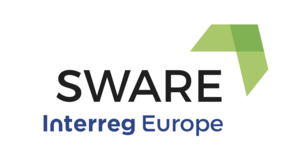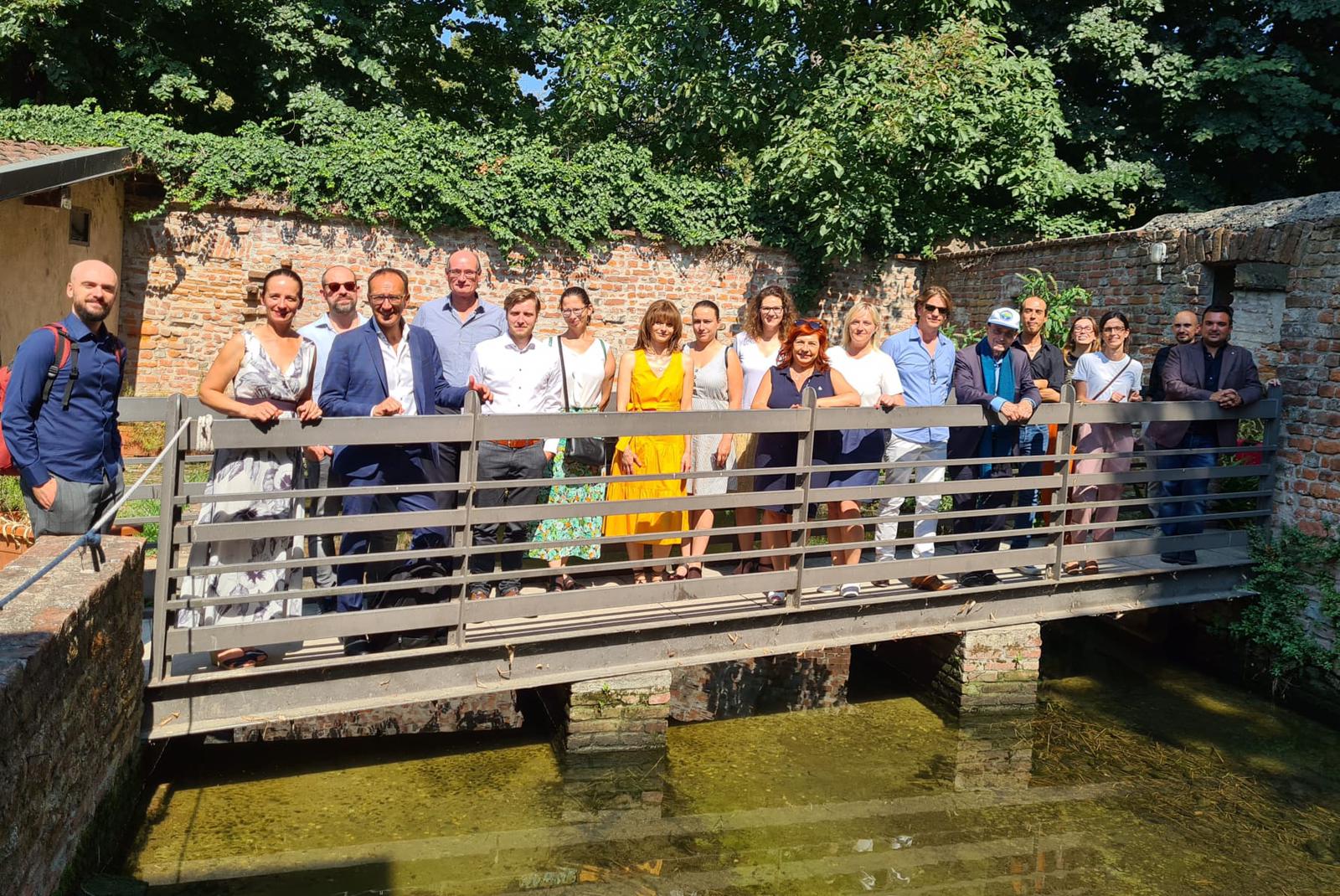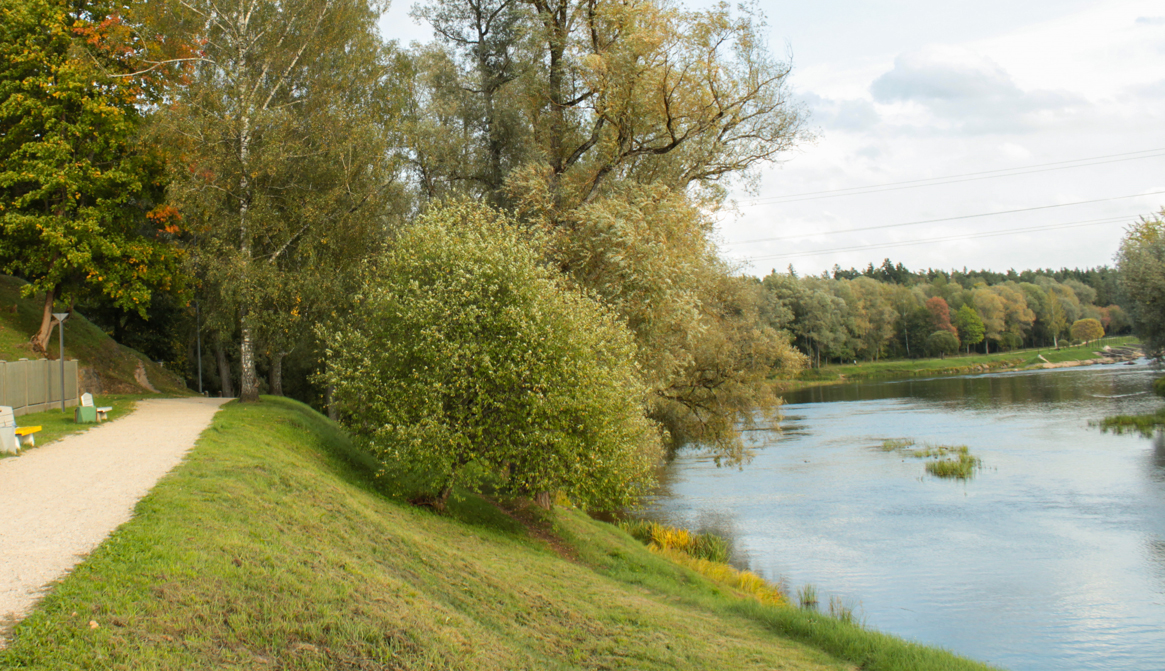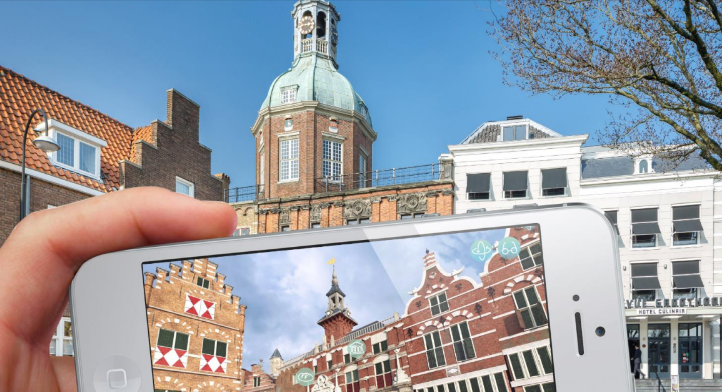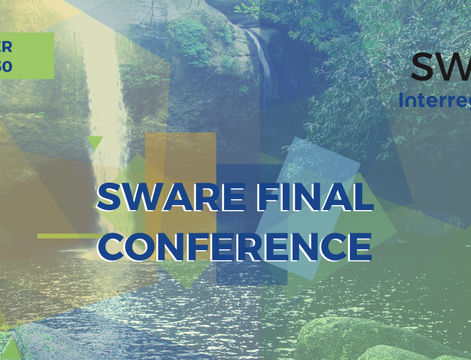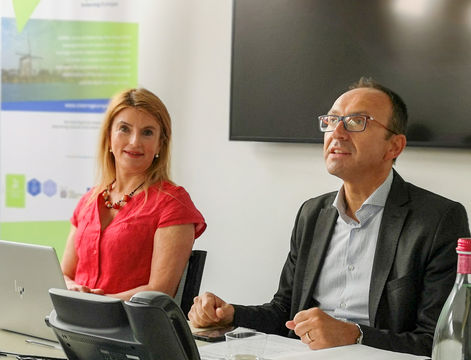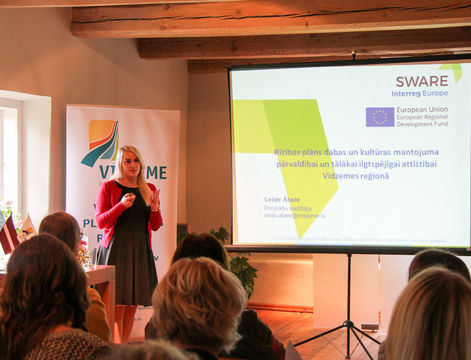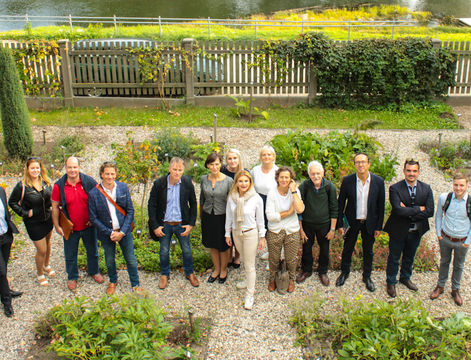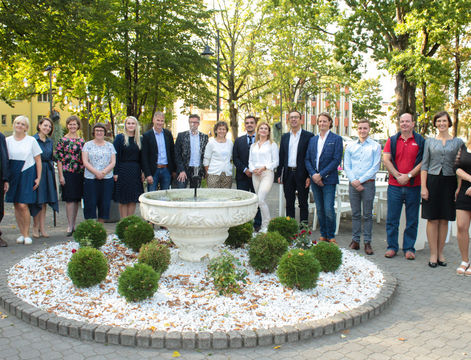The Opening meetings of Stakeholder & Institutional learning Groups (SIG) for the “Sustainable heritage management of WAterway REgions” (SWARE) project took place in the last days of September, when regional stakeholders and project representatives met in Valmiera (Latvia) and Milan (Italy).
As this was the first meeting in both countries the focus was on an overview of the project. SWARE stakeholders received information about project aims, planned results and further activities. The SIG meeting in Latvia, managed by the Vidzeme Planning Region, also included discussions about relevant policy document and possible good practice objects. The SIG meeting in Italy, managed by the Metropolitan City of Milan, had an important section on previous institutional experience in topics of heritage protection and waterways governance.
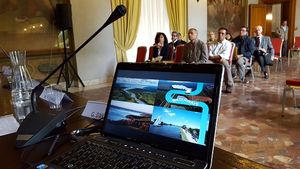
Involvement of the stakeholder groups is a very important aspect of the SWARE project. The SIG’s will be able to directly influence the project results (most notably – the Action Plan for the change of the addressed policy instrument), therefore the quality of the SIG work is essential to the project output. SWARE SIG groups include important regional and national organisations regarding project topics: heritage protections and sustainable economic development.
SWARE is a cooperation project with six project partners: Association Regio Water (Lead Partner, The Netherlands), Tipperary County Council (Ireland), Metropolitan City of Milan (Italy), Pons Danubii European Grouping of Territorial Cooperation (Slovakia), Vidzeme Planning Region (Latvia) and Province of Zuid-Holland (The Netherlands).
The overall objective of SWARE project is to foster integrated management of natural and cultural heritage within inland waterway regions by improving the partner regions’ related policy instruments in order to create a better balance between the protection and sustainable exploitation of the natural resources and the built heritage sites. Project SWARE is implemented with the support of European Regional Development Fund and Interreg Europe Programme 2014-2020.
